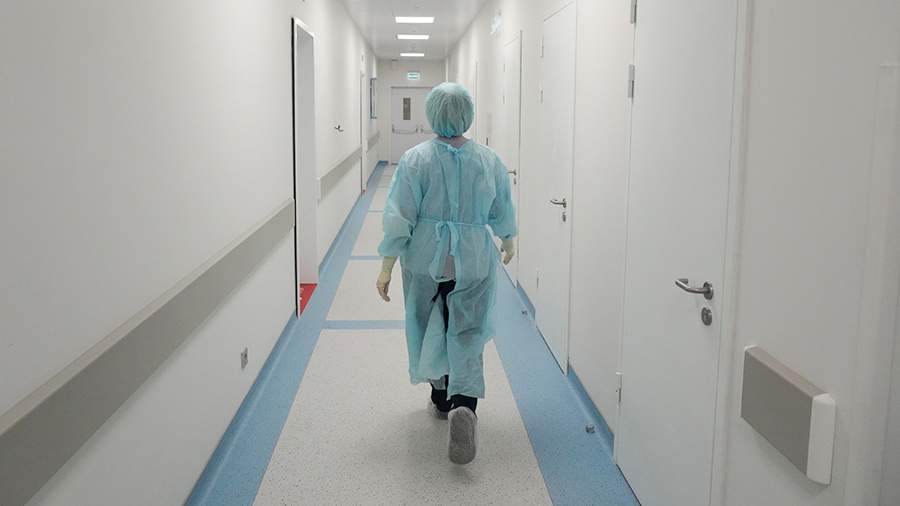Endocrinologist told about the causes of anemia

Anemia, a deficiency of hemoglobin, can develop for various reasons, including problems with the gastrointestinal tract (GIT), endocrinologist, specialist in preventive and anti-age medicine at the European Medical Center (EMC) Elena Ostrovskaya told Izvestia on December 26.
She also noted that this condition is most common in women, as they have periodic blood loss - menstruation.
"But anemia also has other causes - for example, GI problems and hereditary diseases associated with impaired metabolism of vitamin B12, folic acid (vitamin B9) and iron. Deficiency of these three nutrients most often leads to anemia. If the cause of this condition is not identified and eliminated, the consequences can be quite serious", - said the expert.
The doctor specified that globally any anemia is the cause of hypoxia. According to her, the lack of oxygen occurs because hemoglobin - oxygen carrier in the body. And with hemoglobin deficiency, all tissues and organs experience oxygen starvation.
"Against the background of chronic hypoxia there is a reduced nutrition of tissues, physical performance decreases. The latter can lead to excess weight gain: oxidative processes in the body are sluggish, muscles and cardiovascular system of a person with chronic anemia are not able to adequately respond to the load. As a result, a person with anemia rapidly develops tachycardia, decreases tolerance to physical activity," Ostrovskaya added.
In addition, she said that iron is necessary for the synthesis of thyroid hormones. Against the background of chronic anemia can be observed a decrease in thyroid function, which affects memory, concentration, cognitive function. The metabolic rate also decreases, which can also lead to weight gain.
"Anemia also negatively affects the synthesis of sex hormones, which requires a sufficient amount of iron in the body. Therefore, with chronic iron deficiency suffers and reproductive function," - emphasized the doctor.
She also noted that women who were born to mothers with low hemoglobin, and those born to their mothers with this low indicator, will pass anemia from generation to generation. A child of either sex will be born with problems in this regard and will be prone to low hemoglobin levels. This is especially true for girls who will face menstruation at puberty and will lose their already low hemoglobin.
According to the endocrinologist, treat anemia must necessarily and raise the level of hemoglobin should not be to the lower acceptable limit, but to an adequate level. At the same time, it is important to realize that it is not just the level of hemoglobin, but also iron, vitamin B12 and folic acid that is important.
"It often happens that a person's hemoglobin is normal, but iron and ferritin, a protein that stores iron, are at low levels. Therefore, when correcting anemia, it is important to make sure that a person does not have a protein deficiency. If there is, the body will be deficient in iron storage protein (ferritin) and iron transporter protein (transferrin). Iron preparations in this case will not lead to the necessary result", - concluded Ostrovskaya.
Earlier, on December 17, therapist, occupational pathologist of JSC "Medicine" (clinic of Academician Roytberg) Svetlana Burnatskaya told "Izvestia" that control of hemoglobin level in the blood is important for maintaining health, as it is responsible for the transport of oxygen to the cells and removal of carbon dioxide. Low or high levels of this component can signal various diseases.
Переведено сервисом «Яндекс Переводчик»

